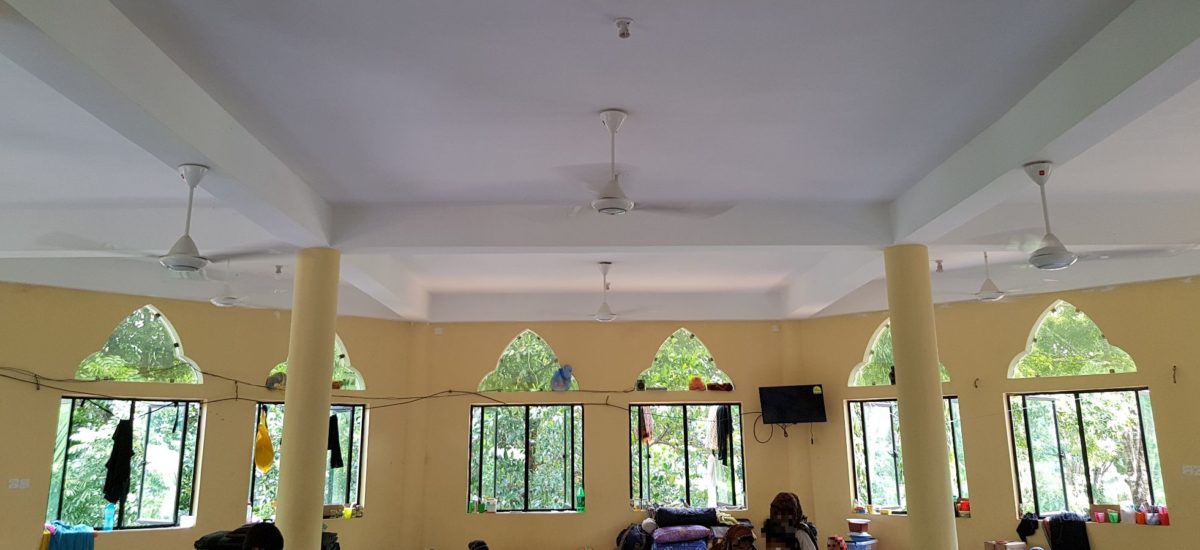June 20th is World Refugee Day. In the immediate aftermath of the Easter Sunday attacks, Pakistani refugee families living in Negombo, faced intimidation and violence that forced them to leave their homes. The culprits, they say, were organised gangs, and not anyone from their immediate neighbourhoods. Three days later, nearly 700 individuals from 80 families were accommodated at a temporary shelter in Pasyala.
The refugees are of the Ahmaddiya Muslim Community, a religious minority in Pakistan. In addition to their belief in the Prophet Mohammed, they also follow the teachings of Mirza Ghulam Ahmad, believed to be a messiah whose coming the Prophet himself foretold. Under the Second Amendment to the Constitution of Pakistan, they are not recognised as Muslims. This amendment, along with Ordinance XX of the Penal Code of Pakistan, prohibits the practice of Islam, and the use of Islamic terms and titles for Ahmadi Muslims.
As families have moved back to their homes, to other homes, or migrated overseas, the number at the camp has reduced to around 400. Facilities and supplies are more easily shared. However, none of the individuals, or the administrators of the camp, have an idea of when these families will be able to return home. The volatility in their neighbourhoods coupled with uncertainty in their resettlement process, means that they live one day at a time.
View the story on Adobe Spark here, or embedded below.
Editor’s Note: Also read ‘Refugee crisis in Sri Lanka after the Easter Sunday bombings‘ and ‘World Refugee Day and Refugees in Sri Lanka‘


